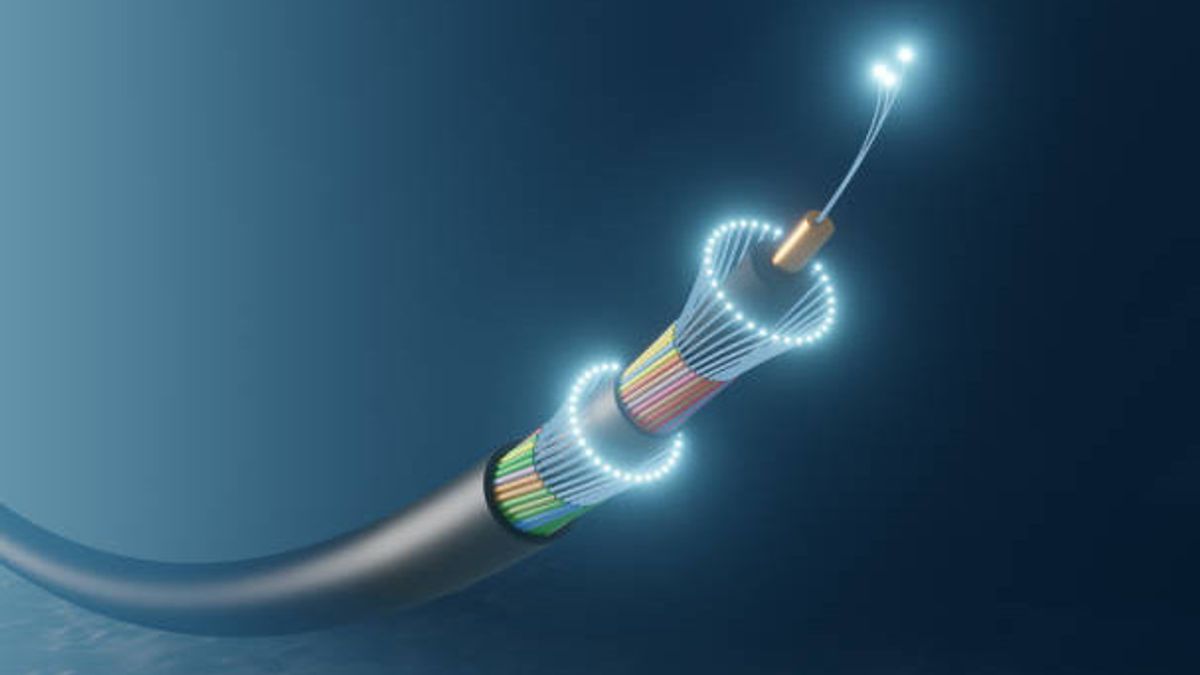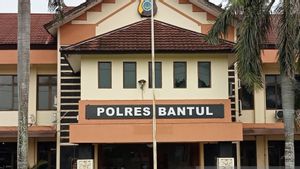JAKARTA - The United States supports a new submarine internet cable project that connects several islands in the Pacific. According to a project plan reported by Reuters, this raises Washington's interests in the region where they are competing for influence with China.
The Central Pacific cable will connect Samoa America with Guam - two US regions - and extend it to 12 other Pacific islands. This is stated in documents showing the cable route. Guam is home to an important US military base.
The cable details were exhibited at an industry conference in Singapore by developers Paul McCann and John Hibbard, two experienced submarine cable consultants. APTelecom, a US-based telecommunications consultant, conducted a feasibility study. However APTelecom, Hibbard, and McCann declined to comment.
The new cable can connect US territory with Papua New Guinea, Samoa, Bribe, Fiji, Nauru, Marshall Islands, Kiribati, Cook Islands, Wallis and Futuna, as well as the Micronesian Federation, according to the plan shown.
Further financing for the project is likely to come from multilateral donors such as the World Bank and aid agencies in the United States, Australia, New Zealand, as stated in the plan.
Undersea internet cables usually take at least 3-5 years to develop and install. The proposed cable will span thousands of kilometers.
A White House fact sheet released on Monday, September 25, after a meeting between Pacific Island leader and US President Joe Biden in Washington confirmed that the US Commerce and Development Agency would fund a feasibility study of US$3 million (Rp46 billion) for the cable. The statement did not mention the countries involved.
"This will be the first submarine cable connecting Bribery, a small country with about 11,000 residents," USTDA said in a post on its Facebook page.
Undersea fiber optic cables, which stretch across the seabed and deliver 99% of transcontinental internet traffic, have become a competition arena between the US and China.
The Pacific Islands, which form a large arch north of the US ally, Australia, is strategically important for the US naval movement and is a place for precious minerals and fisheries.
اقرأ أيضا:
Archipelagic countries in the Pacific have vulnerable internet infrastructure. Tonga was cut off from its global telecommunications network for a month, last year, after volcanic eruptions and tsunamis cut off its only underwater cable.
Last year, the Biden administration pledged to help citizens of the Pacific Islands deal with China's "economic pressure". Beijing signed a security agreement with Solomon Islands last year, sparking concerns over the militarization of the region.
Washington intervened two years ago to prevent Chinese companies from building other underwater internet cables in the Pacific archipelago, Reuters reported at the time.
The United States, Australia, and Japan agreed this year to pay and revive the project, known as East Micronesia Cable. This will connect the countries of the Nauru Islands, Kiribati, and Micronesia.
The English, Chinese, Japanese, Arabic, and French versions are automatically generated by the AI. So there may still be inaccuracies in translating, please always see Indonesian as our main language. (system supported by DigitalSiber.id)

















